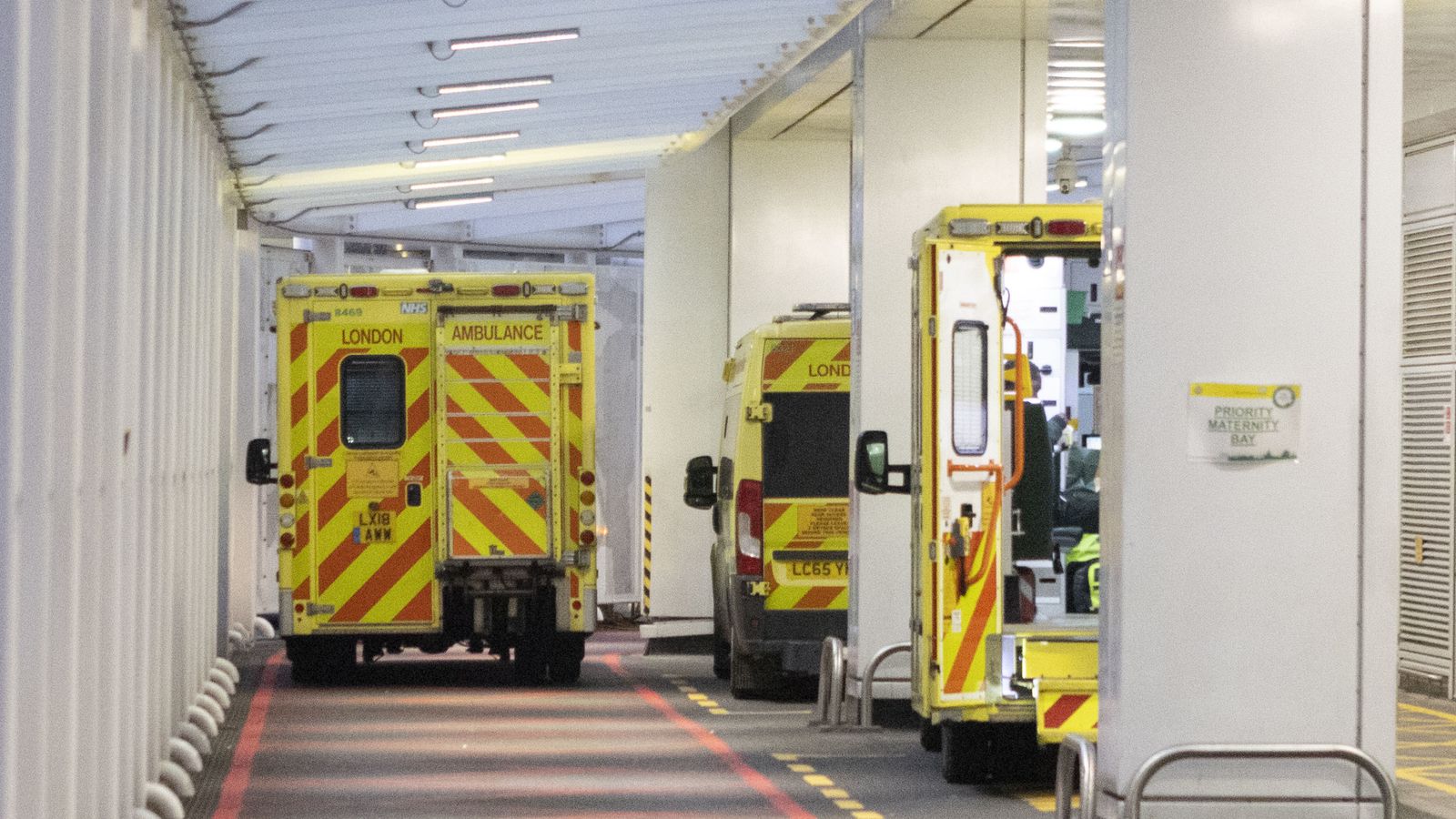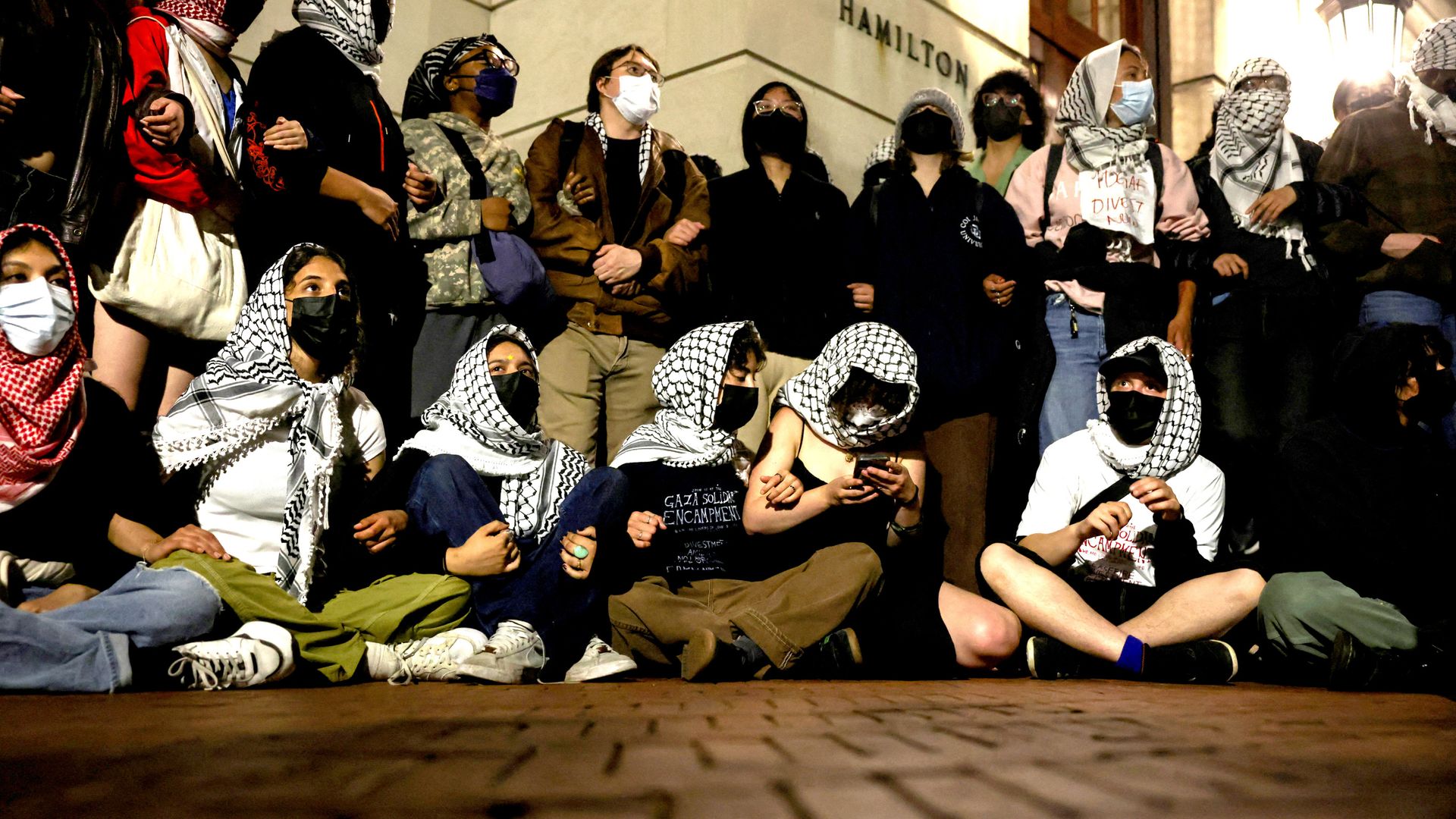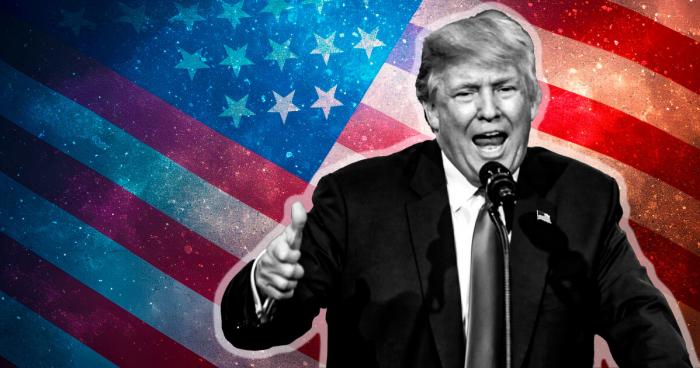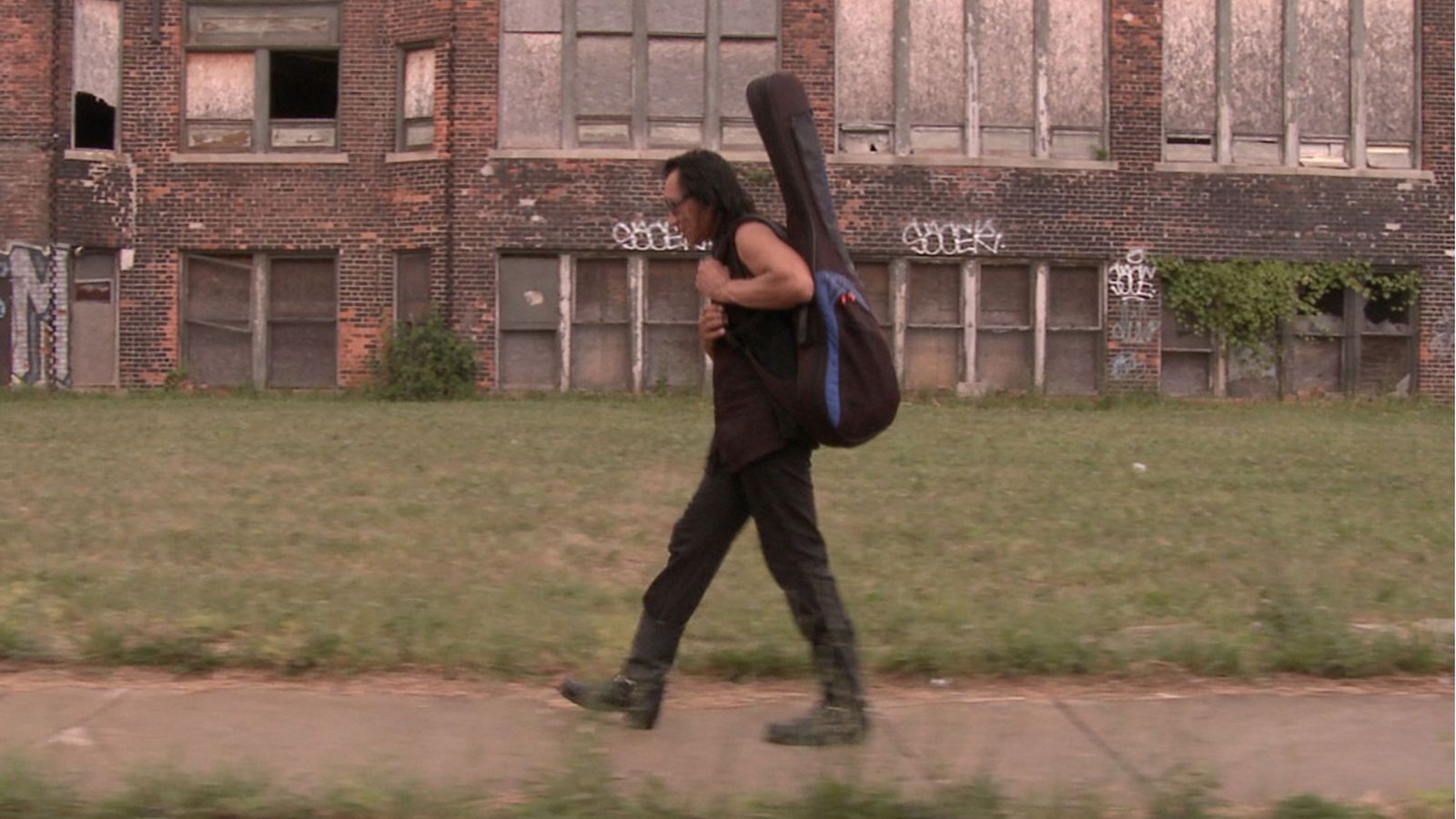Unions have lashed out at government plans to deploy 1,200 troops to fill in for ambulance drivers and border staff during strikes in the run up to Christmas.
They claim the military are not “sufficiently trained” to plug staffing gaps on the front line.
But Prime Minister Rishi Sunak has said that the unions are “causing misery for millions” with “cruelly timed” transport strikes.
Writing in The Sun on Sunday, he argued that rail workers and border officers have been offered “deals that are fair” – but he made no mention of ambulance drivers.
The UK is facing a wave of strikes this winter, with at least one walkout a day ahead of Christmas, as staff from different industries seek better pay.
While ministers have insisted their chief concern is public safety, unions have accused the government of trying to “mask” the “effectiveness” of strike action, having spent time on contingency planning that could have been “better” invested in securing a deal.
They warned military personnel are not properly qualified to guard the borders or drive ambulances, insisting troops should not be put in such an “invidious” position when they already have “enough on their plate”.
Hospitals urged to free up beds ahead of ambulance crew strikes
Business secretary hopeful of strike resolution as rail workers continue industrial action
Rail strikes: Pay deal ‘achievable’ between train companies and unions, RMT boss Mick Lynch says
Ambulance crews in England are due to walk out for two days on 21 and 28 December, while border staff in the Public and Commercial Services Union (PCS) will strike for eight days from 23 December until New Year’s Eve.
Sara Gorton, Unison’s head of health, warned the military is “no substitute” for qualified ambulance staff, while Nathan Holman, from GMB, said bringing in “untrained” personnel would be a “hindrance” rather than a help.
Read more:
Pay deal ‘achievable’ between train companies and rail unions, RMT boss says
Police officers express ‘grave concern’ at driving ambulances
Please use Chrome browser for a more accessible video player
Without specialist training in exceeding speed limits and passing through red lights, Mr Holman said the military would only be able to respond to the “least urgent calls”.
Meanwhile, the head of the armed forces, Admiral Sir Tony Radakin, warned it was “perilous” to expect military personnel to be used routinely to cover for strikes.
He told The Telegraph that the armed forces were busy and needed to “focus on our primary role”.
Health Secretary Steve Barclay said his “number one priority” was keeping patients “as safe as possible” as he reiterated the government’s position that union demands are “not affordable”.
Mr Sunak wrote in The Sun on Sunday: “The unions are causing misery for millions, with transport strikes in particular cruelly timed to hit at Christmas.
“No one can doubt these are tough times. Rising prices – inflation – is eating into our standard of living. We get it, and have stepped in to help where we can…
“Rail workers and border officers have been offered deals that are fair – and affordable to taxpayers. An increasing number of union members want a deal…
“I hope those thinking about striking come back to table… I will do what is necessary to protect the public. The unions need to do the same and return to negotiations.”








